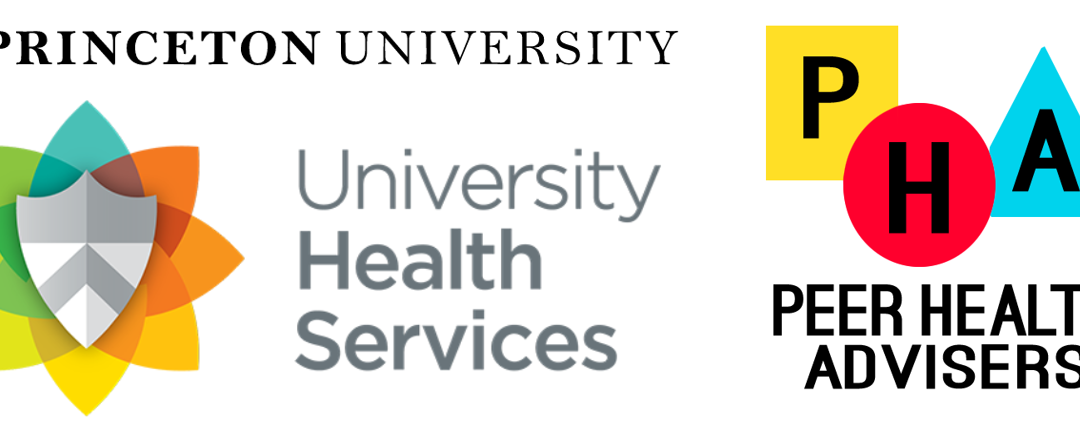The U.S. Senate invoked cloture on the Respect for Marriage Act (RFMA), split 62-37, with 60 votes needed to end the filibuster and pass the bill. RFMA is set to repeal the Defense of Marriage Act (DOMA) passed by Congress in 1996, which defined marriage on the federal level as the union of man and woman and allowed states to refuse to recognize same-sex marriages conferred by other states – though parts of DOMA had been declared unconstitutional by the Supreme Court in United States v. Windsor and Obergefell v. Hodges, resulting in the requirement of all states to recognize same-sex marriage. If RFMA passes, as it is likely to do given yesterday’s Senate vote, states will be compelled to recognize same-sex marriages performed in other states even if the Supreme Court were to overturn Obergefell and restore states’ authority to refuse marriage licenses to same-sex couples. Read on to learn how the bill’s passage could affect individuals and families.

























